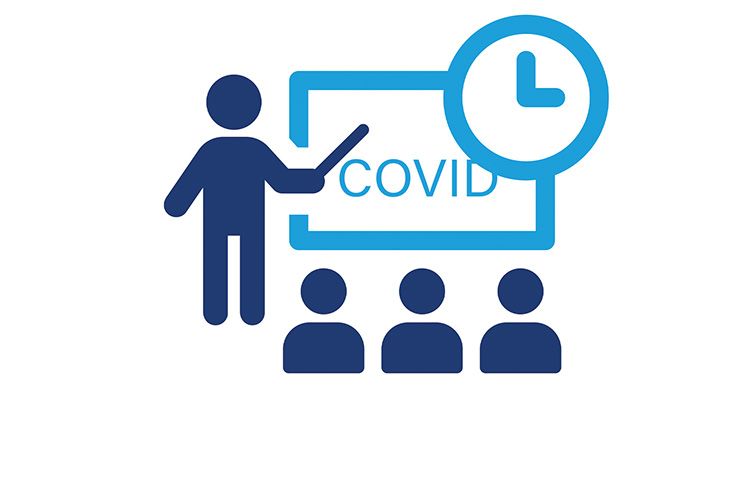Experiencing COVID: What did the security sector learn?
What were the key learning points from the pandemic for the security sector? The Security Research Initiative (SRI) surveyed security professionals, with some striking findings.
The pandemic caused widespread hardship to individuals, their families, and the organisations they worked for, and this was true across the world. What this crisis also did was put security professionals centre stage. So what have been the learning points that may enable the sector to move forward?
The Security Research Initiative (SRI) surveyed security professionals and received 500 responses, and we interviewed 39 individuals on a one-to-one basis. The findings in some ways were striking.
The value of security
Interestingly, by and large, interviewees did not think that security could be blamed for not predicting the crisis. The unprecedented scale, that it lasted for an extended period of time, and was not anticipated by any other groups, was warm comfort. Indeed, 83% of survey respondents felt that the security sector had performed well in the face of adversity.
Further analysis of the feedback helped put this in perspective. Although a majority thought that generally speaking, security had performed better or much better than other functions/departments, there were some notable exceptions.
For example, some that already had a higher status than security prior to the pandemic were likely to see this increase post pandemic. This was especially the case for business continuity (rising by 21 percentage points); crisis management (rising by 16 percentage points); risk management (rising by 15 percentage points); health & safety (rising by 13 percentage points); and finally, cyber security (rising by 12 percentage points).
On the positive side, there was a view that security stood out because staff were versatile, flexible and working in trying conditions on the frontline when most businesses’ personnel worked from home, and 74% highlighted the development of new skillsets.
Yet on the negative side, some referred to security roles that had been lost (in events and at airports for example); incidents where the role of security officers had been reduced to that of ‘doormen’ having to enforce rules without the requisite authority to do so effectively; and that some security staff lacked the abilities to be effective in the required roles.
Thinking forward
59% of the sample believed that security would retain a greater priority than pre-COVID, in part due to a fear of future pandemics. And suppliers may want to read this carefully: there were areas where many thought additional commercial opportunities may materialise.
For example, 79% anticipated an increase in demand for remote monitoring; 62% for mobile patrols; 51% for security officers; and 46% for keyholding, to name but some.
Touchless technologies were seen to be a growth area; 79% thought surveillance/CCTV would be in greater demand; while 75% focused on access control, 63% on physical barriers, and 61% alarms.
Some pointed to opportunities in offering additional types of training that were now more relevant (such as mental health awareness, first aid, and communication training).
But there were persuasive reasons not to be carried away by this.
For example, there was major concern that 2022-2023 would see an adverse economic climate and well over a half believed that the need to win contracts and cut costs would accelerate the ‘race to the bottom’.
And something to watch out for: three quarters felt that managing the mental health of workers generally and security specifically would present an ongoing challenge. What is perhaps most prescient was that 45% thought it will be more challenging to recruit skilled and able individuals.
Understanding the challenges
So what was the defining characteristic of a good security department or company during the pandemic? The evidence from this research is that those who were efficient and competent before the pandemic were seen to be more effective during it.
There were many elements to being competent: managing change; scaling up or down speedily as the crisis evolved; effectively managing staff and clients and other stakeholders, including senior ones (who were often facing distinct challenges of their own); developing new procedures and communicating them – in fact, being good at communication was rated highly; generating new business opportunities while retaining existing relationships. All these differentiated the good from the less good.
None of this should be a surprise. What we have learnt from the Outstanding Security Performance Awards (OSPAs) around the world is that being outstanding is about being good at a broad range of roles, tasks and skills. And just like the OSPAs, the experience from the pandemic is that the difference between winning and losing can be wafer thin, but it always depends on doing the essentials well. The truth is, only some are outstanding at that.
Martin Gill and Charlotte Howell
Perpetuity Research and Consultancy International Ltd

